news
What is the core role of a single screw barrel in a plastic extruder?
1.Structure and Flow Control
The Single Screw Barrel is manufactured with precision CNC machining centers and high?accuracy measurement technology, guaranteeing a smooth, defect?free inner wall. This allows the plastic to flow uniformly and continuously under the screw’s drive, preventing blockages or unstable flow caused by surface irregularities.
2.Heat Transfer and Uniform Plasticization
Made from high?wear?resistant, corrosion?resistant alloy steel or stainless steel and subjected to special heat?treatment processes, the barrel achieves increased hardness and excellent thermal conductivity. The material quickly and evenly transfers heat to the polymer, ensuring complete plasticization and improving product consistency.
3.Energy Consumption and Noise Reduction
The optimized screw?to?barrel matching design makes heating and plasticization more efficient, reducing the required heating power and screw torque, thereby lowering overall energy consumption. The smooth inner surface and refined geometry also suppress noise and vibration, creating a more comfortable operating environment.
4.Extended Equipment Life
The hardened, heat?treated surface and corrosion?resistant material maintain structural integrity under prolonged high?temperature and high?pressure operation, reducing wear?related failures and extending the overall service life of the extruder.
How to determine whether the barrel material is suitable for high?temperature, high?pressure processing?
1.Material Hardness and Heat Treatment
Verify that the barrel has undergone high?temperature carburizing, nitriding, or quenching processes, achieving a hardness level typically above HRC?45–55, which ensures resistance to deformation under high pressure.
2.Wear and Corrosion Resistance
Conduct laboratory wear tests (e.g., pin?on?disk) and corrosion immersion tests to confirm that the material retains its surface integrity when exposed to abrasive friction and chemical additives such as plasticizers and processing aids.
3.Thermal Expansion Compatibility
Calculate the linear expansion coefficient of the barrel material and compare it with that of the screw and heating jacket. The coefficient should be compatible across the operating temperature range (≈200?°C–350?°C) to avoid excessive thermal stress that could cause cracks or leaks.
4.Practical Processing Tests and Monitoring
Perform short?duration high?temperature, high?pressure trial runs under actual production conditions. Monitor barrel surface temperature, pressure distribution, and melt flow resistance. Absence of abnormal temperature spikes or pressure drops indicates material suitability.



 English
English 中文簡體
中文簡體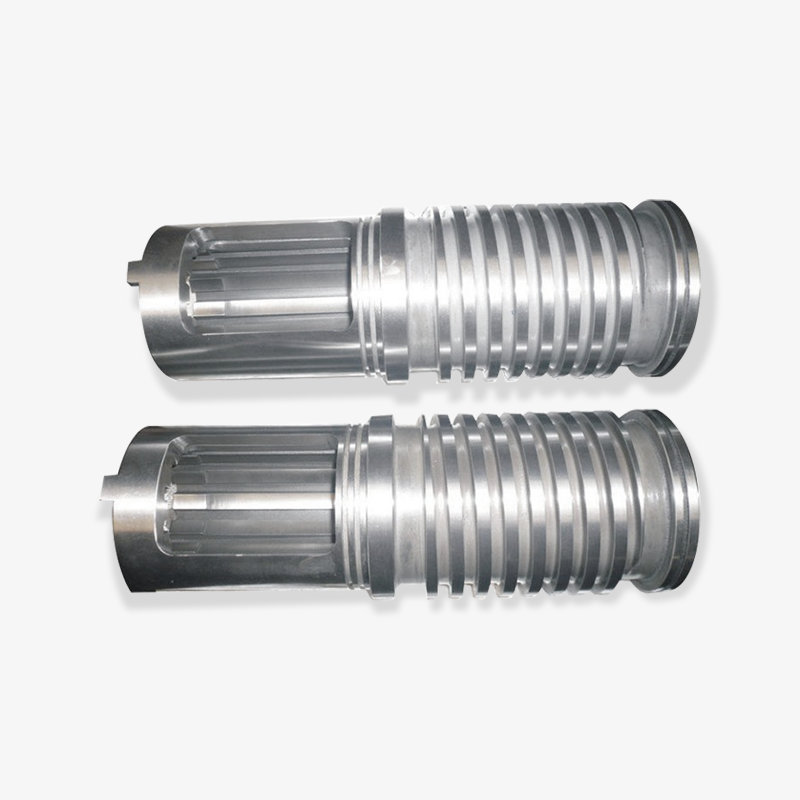
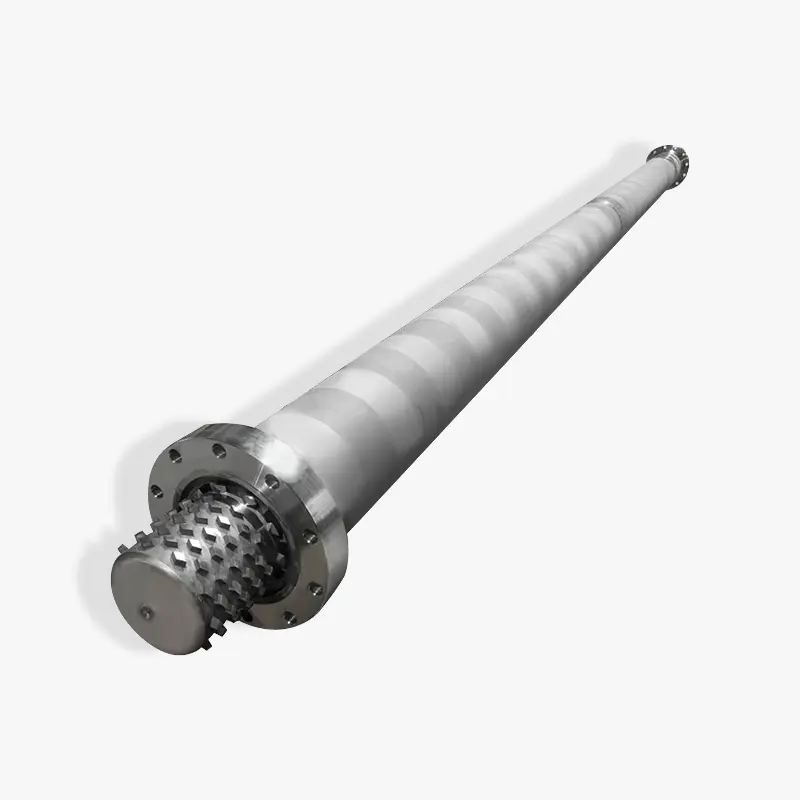

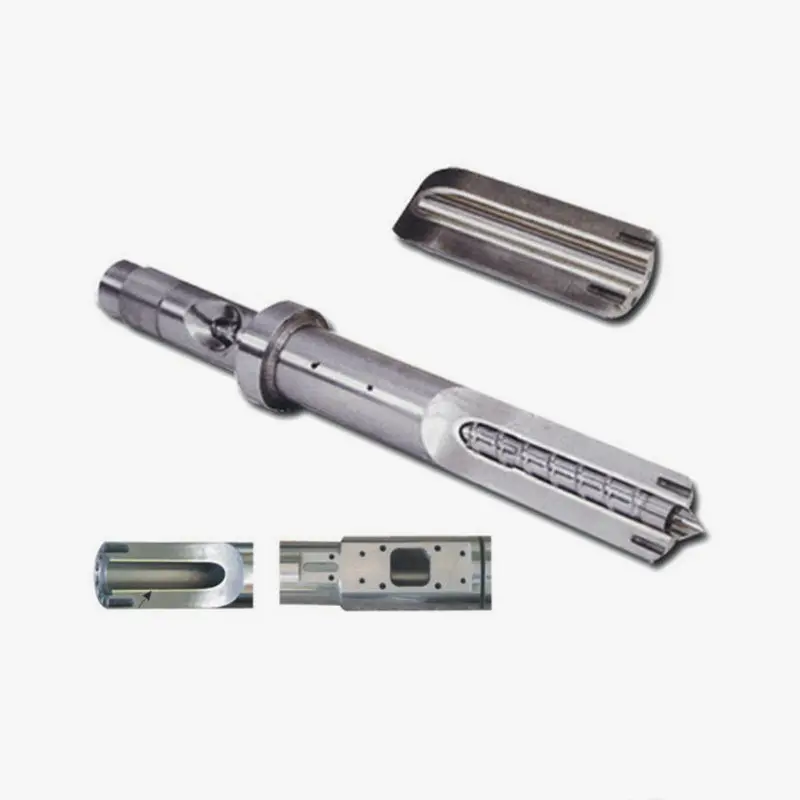
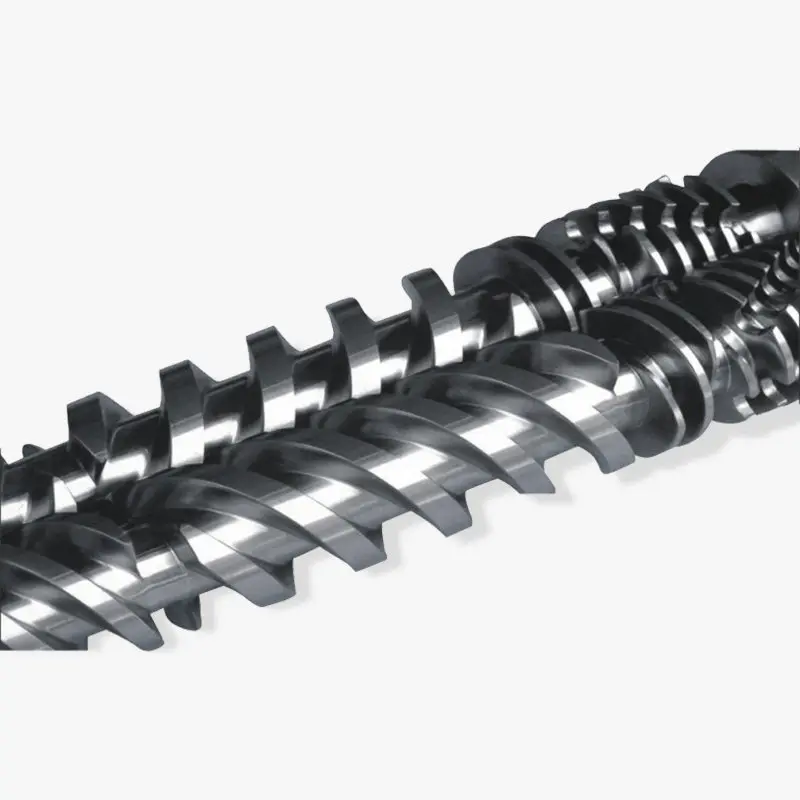
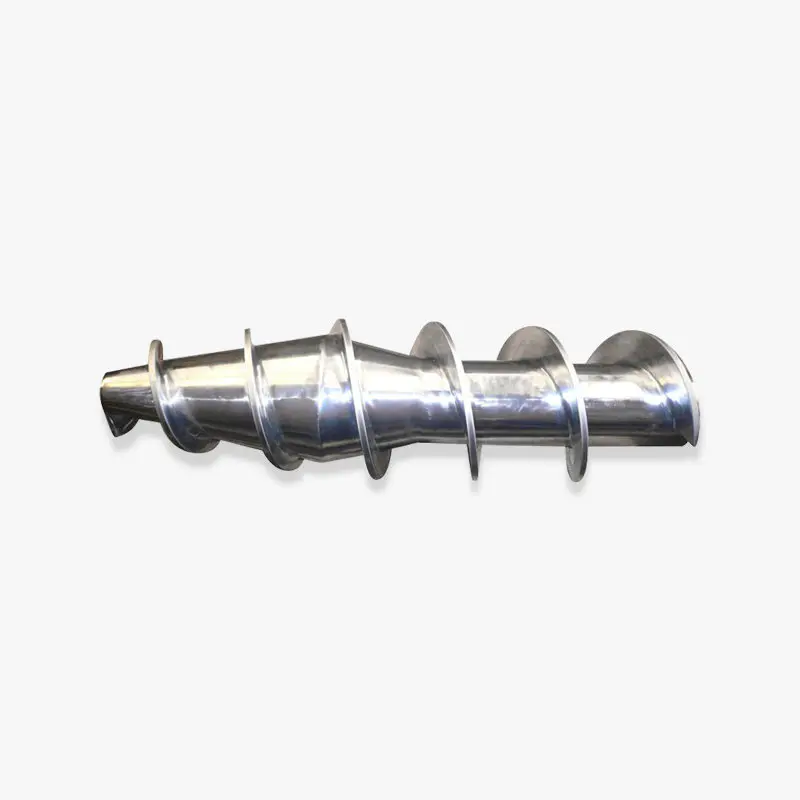
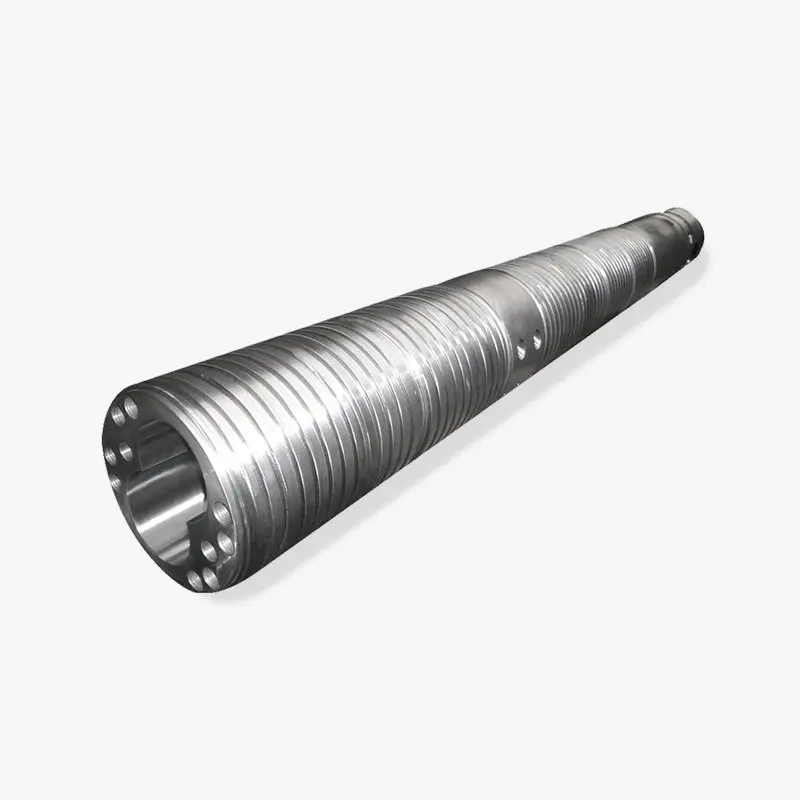

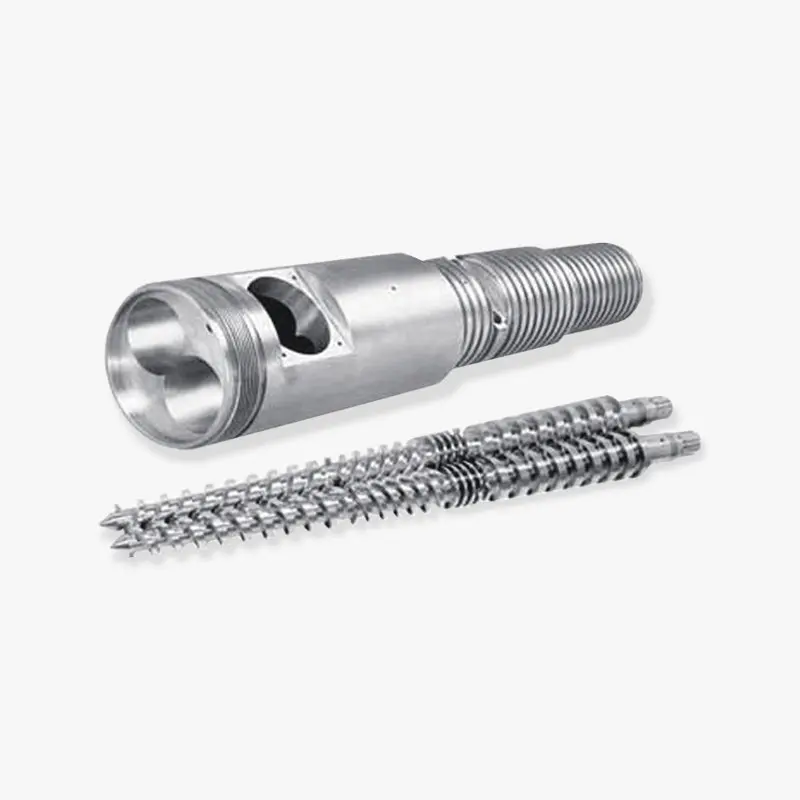


 浙公網(wǎng)安備33090202000520號(hào)
浙公網(wǎng)安備33090202000520號(hào)